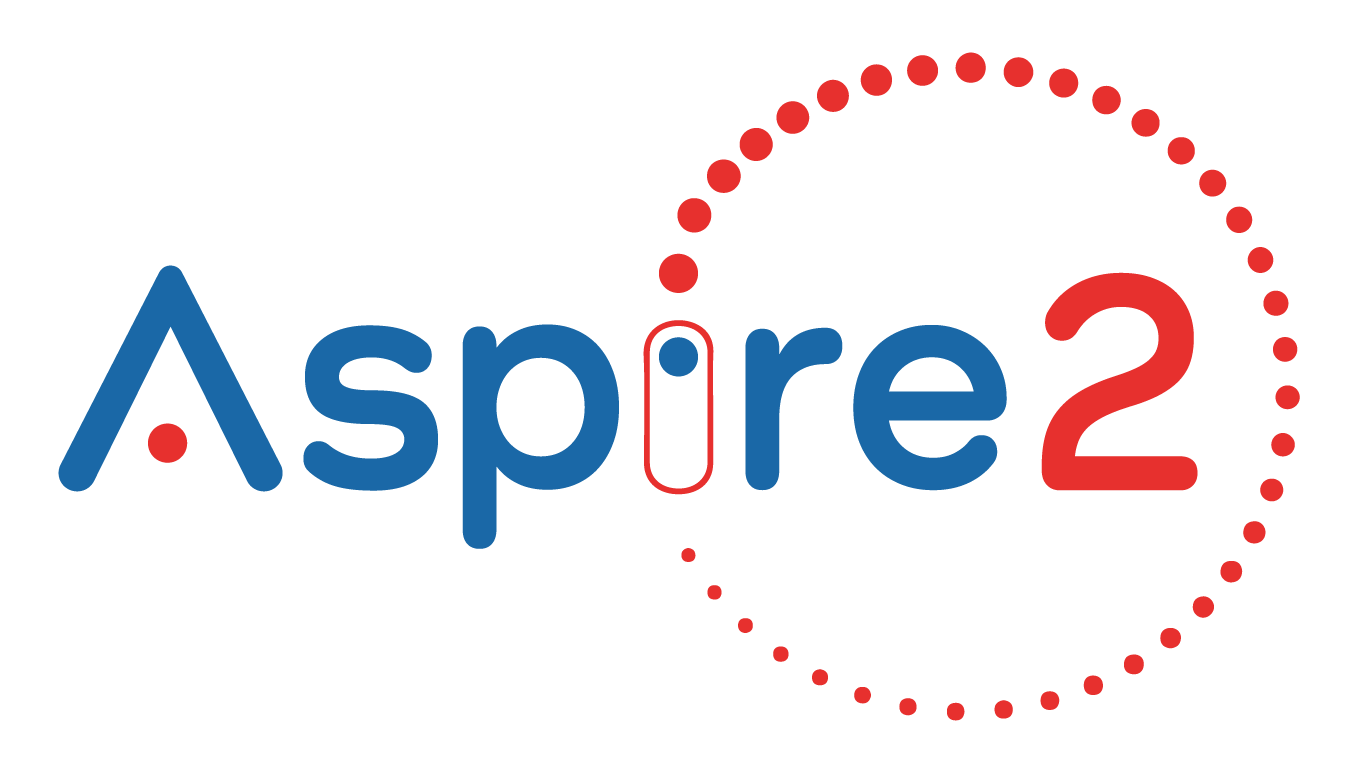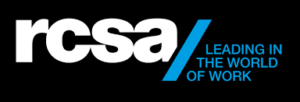
First Impressions and Interviews: What Science Says
In his book Blink, Malcolm Gladwell introduces the concept of thin-slicing, which pertains to the ability to make swift decisions based on minimal information. He contends that while thin-slicing can effectively reach accurate conclusions, it is also susceptible to biases and stereotypes.
The way you approach an interview is essential. Once the interviewer, along with you, has made themselves comfortable, they have likely already begun to form an impression of you. This includes your attire, demeanour, professionalism, how well you might fit into their company culture and leadership abilities. This process happens almost instantly, as their unconscious minds can process vastly more information—up to 100,000 times more—than their slower, more deliberate conscious thoughts. McAleer (2014), a psychologist at the University of Glasgow, Scotland, also adds that even someone’s voice is a source of information. “From the first word you hear a person speak, you start to form this impression of the person’s personality”.
The second issue relating to first impressions is emotional contagion, where one individual’s emotions and behaviours trigger similar responses in others. This unconscious mirroring leads “copiers” to feel the same emotions as the original person. The ability to influence how others think and act is essential. For example, if you enter an interview feeling shy or nervous, the interviewer might sense this and cut your questions short. On the other hand, if you show confidence and smile, it can lead to a more open and successful conversation.
You never get a second chance to make a first impression. Will Rogers.
Finally, your first impression may impact a future working relationship if you get the job! Robert Lount, co-author of a study at Ohio State University’s Fisher College of Business, notes that most people form a first impression and stick to it, looking for future cues consistent with this first impression. For example, there will likely be mistrust if you arrive late (and somehow get the job). However, if things went well in the interview and your first few meetings, you are on time and then show up late for a meeting a few months later, you are more likely to be given the benefit of the doubt.
While the interview process is nerve-wracking, being prepared and conscious of the first few minutes is crucial. Have a game plan….smile, say something pleasant about the school/environment, and thank the interviewer/panel for their time. Little things go a long way.

Dr Michael Boots
Executive Education Consultant



